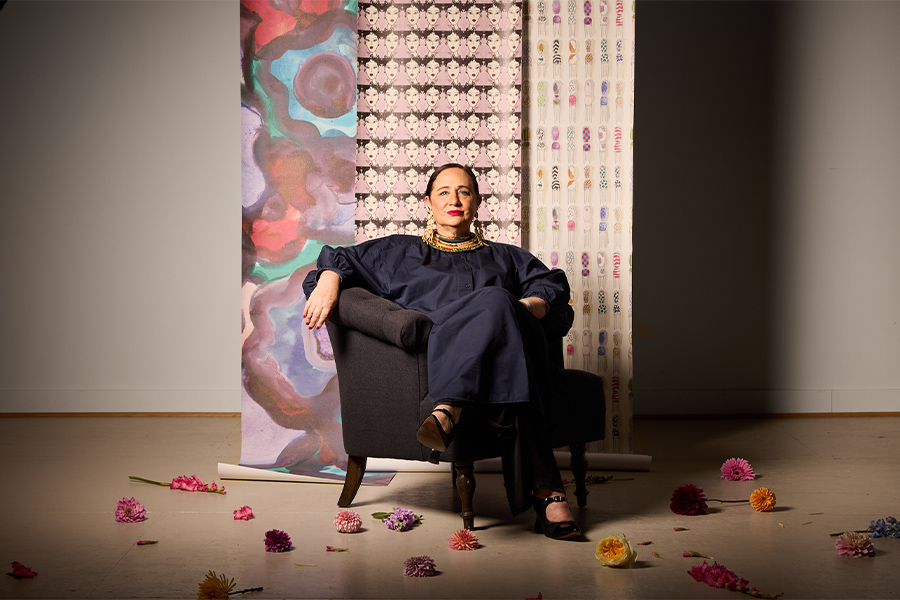A self-described “hospitality geek,” Ashli Johnson has been invested in the industry since childhood thanks to years traveling in a military family and then with an older brother studying hospitality as an undergrad. While at the University of West Florida in Pensacola, “most of what I was being pushed toward were entry-level operational roles [in the industry]. Nothing more,” Johnson recalls. Though she found a like-minded community in the National Association of Black Hotel Owners, Operators & Developers (NABHOOD), to her it was not enough to combat prevailing stigmas. Johnson remembers hearing tepid responses when she expressed her goal to become a hotel owner. “In some instances, I was told ‘Who do you think you are?’”
By the time she was established in her career—Johnson was most recently the vice president of education at the Asian American Hotel Owners Association (AAHOA)—she observed what she cites as “a heavy exodus” among professionals of color. She set a goal of gathering 100 students of color from across the industry to teach “the business of service,” she says. The six-to-eight-week Hospitality Leaders Today (HLT.100) program was launched in 2015 with virtual courses and in-person summits where students interfaced with executives and owners. “They then understand what’s possible, and it very much has set those students on a very different trajectory,” Johnson explains.
Following the 2021 death of Marriott International president and CEO Arne Sorenson, his widow Ruth Christenson, along with the Marriott Family Foundation, gifted a $20 million endowment to Howard University in Washington, DC to launch the Marriott-Sorenson Center for Hospitality Leadership with Johnson named as its executive director in May. With support from PricewaterhouseCoopers’ (PwC) global hospitality practice lead Scott Berman, hospitality leaders were assembled to collaborate on a new standard of hospitality education and remain at Johnson’s disposal to help her Howard students. “It’s almost like I’m trying to create an executive cohort,” she says. “I have to bring C-suite level leaders to the table because that’s who can affect change.”
One unique distinction of the Center for Hospitality Leadership is that first-year students are accepted regardless of their major. The program also touts New York University (NYU) as an educational partner, agreeing to provide opportunities for students of the Howard program to join NYU’s master of hospitality program free of charge. “The reality is that [Black people] created this industry—in America, at least,” Johnson says. “I feel like there is a sense of urgency, particularly for the work that I’m engaged in, to create some opportunities to win and win big.”
This is part of an ongoing interview series curated by the Hospitality Diversity Action Council (HDAC).


